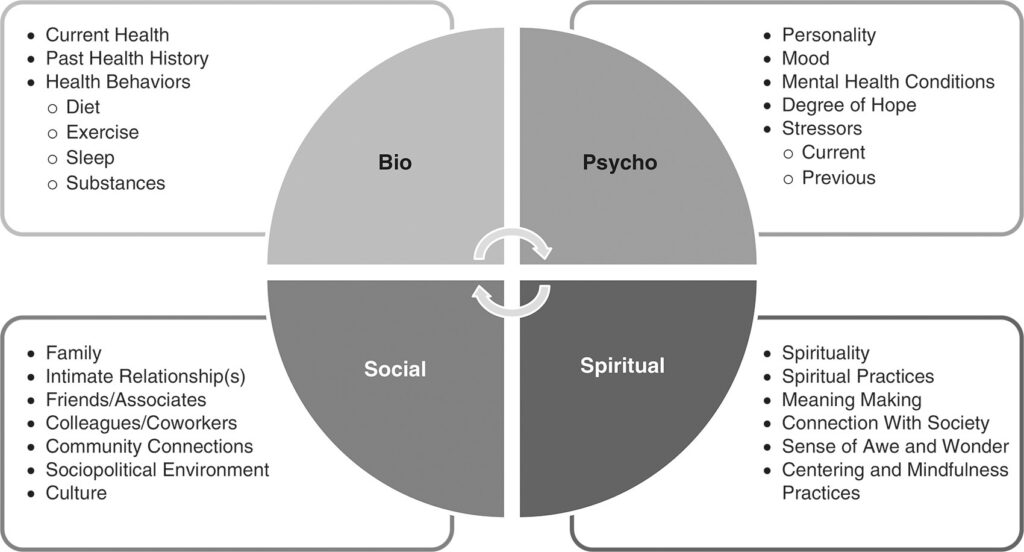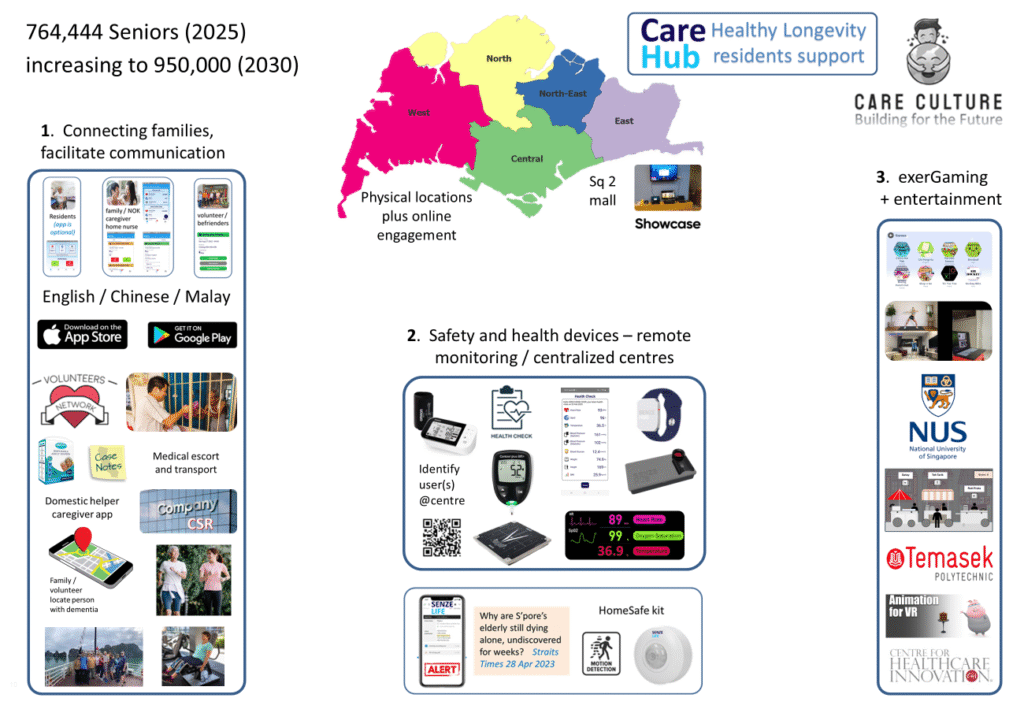The Biological, Psychological, Social, and Spiritual (BPSS) framework advocated by L. Engel in 1977 is a holistic model used in health and social care (HSC) to understand individuals’ well-being and address their needs. It recognizes that health and illness are influenced by the interplay of biological, psychological, social, and spiritual factors.

Biological: This refers to the physical and genetic aspects of an individual, including their health status, physical abilities, and susceptibility to certain diseases.
Psychological: This encompasses an individual’s thoughts, emotions, mental health, and behaviors, as well as their perception of events and experiences.
Social: This involves an individual’s relationships with others, social support network, cultural background, and social environment.
Spiritual: This relates to an individual’s beliefs, values, sense of meaning and purpose, and connection to something larger than themselves, which may or may not include religion.
The BPSS framework emphasizes that these four domains are interconnected and influence each other, rather than being isolated. For example, a person’s social support network can influence their mental health (psychological), and a person’s spiritual beliefs can provide meaning and coping mechanisms for difficult times (psychological).



Hi, this is a comment.
To get started with moderating, editing, and deleting comments, please visit the Comments screen in the dashboard.
Commenter avatars come from Gravatar.